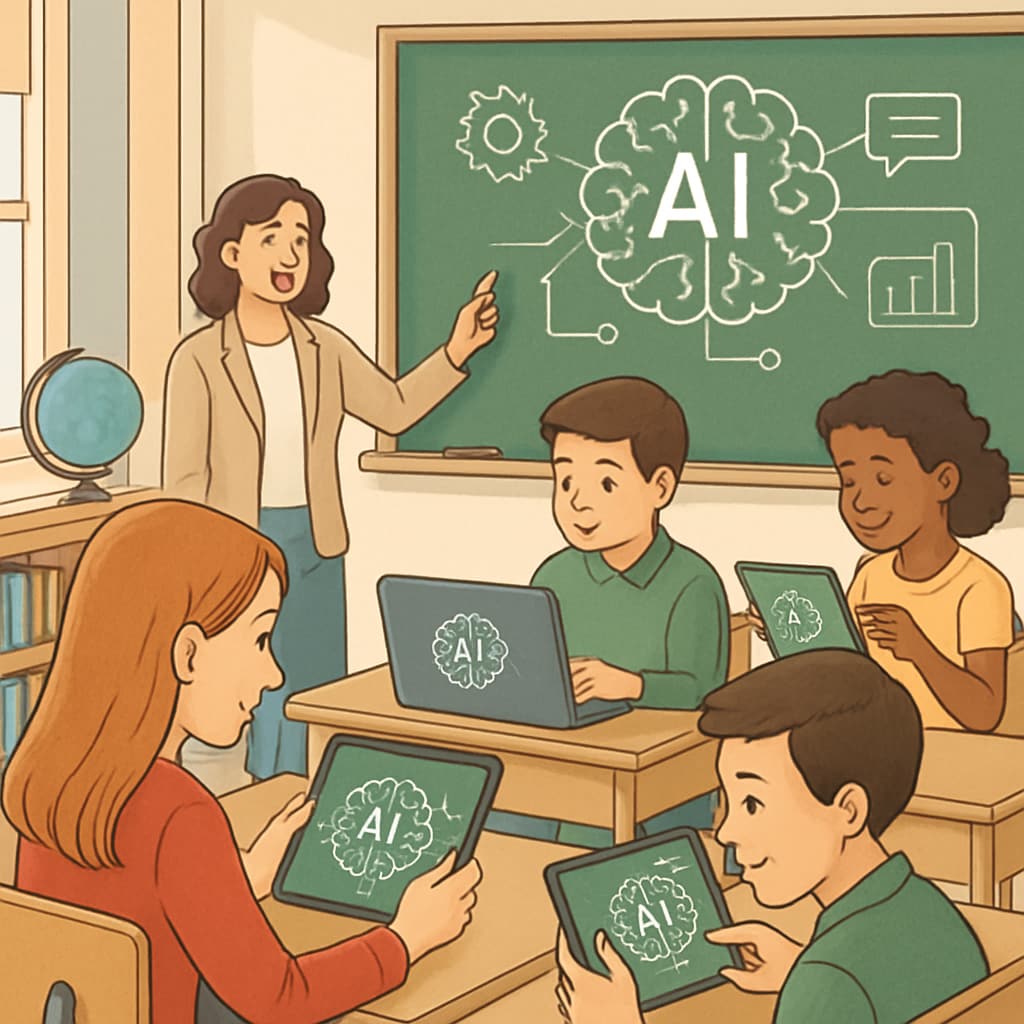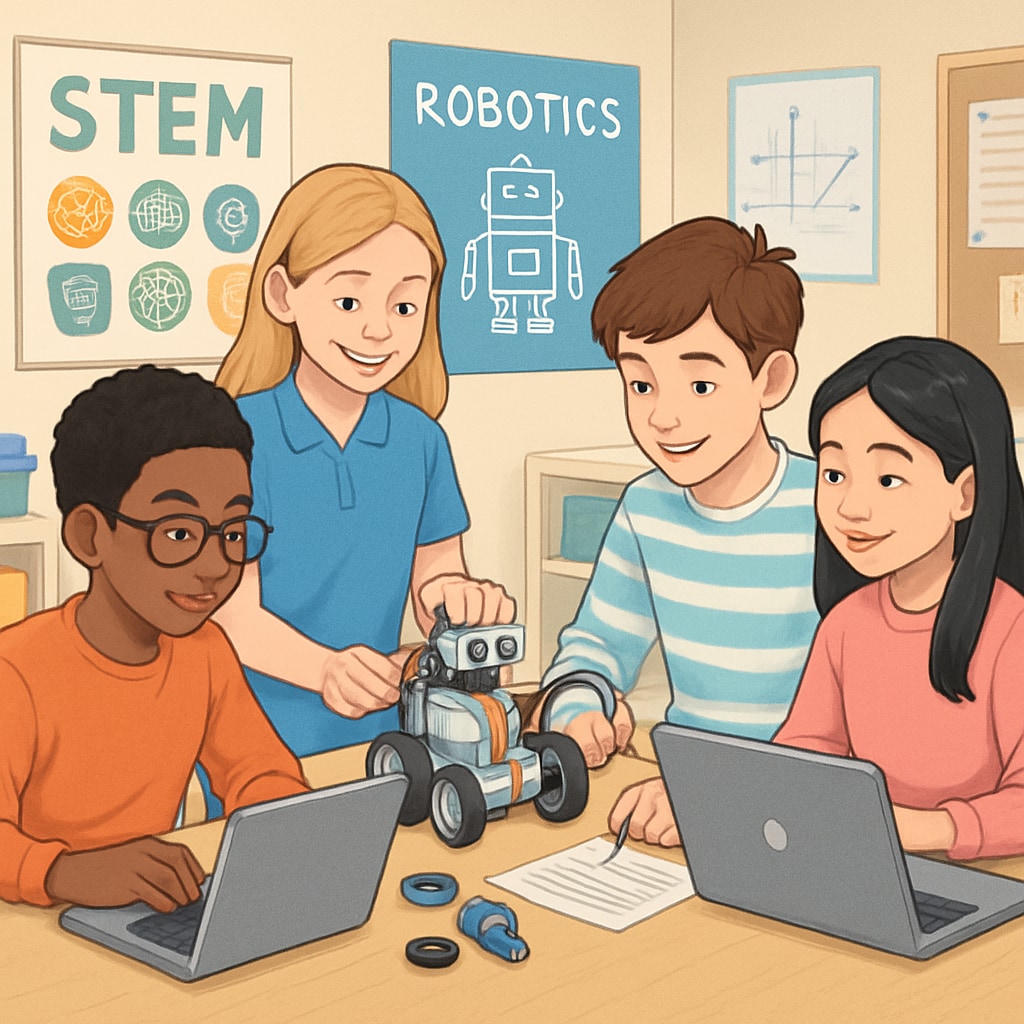The rapid development of artificial intelligence (AI) has sparked significant discussions about its impact on higher education value and career prospects. As AI continues to disrupt industries, students and educators alike are questioning whether traditional educational pathways are sufficient for preparing the next generation for an uncertain future. This article explores how K12 education can adapt to equip students with the critical skills necessary to thrive in an AI-driven world.
How AI Challenges the Value of Higher Education
Artificial intelligence has significantly altered the job market, automating tasks that were once considered safe within many professions. This development raises concerns about the relevance of higher education programs that focus on traditional knowledge acquisition. According to a Britannica overview of AI, machines are now capable of performing tasks such as data analysis, legal research, and even creative writing—fields that previously relied heavily on human expertise.
As a result, students are increasingly skeptical about the return on investment of higher education. They seek assurances that their degrees will lead to stable career opportunities. However, with the rise of AI, adaptability and transferable skills might outweigh the importance of traditional academic credentials.

Redefining K12 Education to Address Uncertainty
K12 education has a pivotal role in preparing students for a future where job roles and industries are constantly evolving. To stay relevant in the face of these challenges, K12 institutions must focus on developing skills that machines cannot easily replicate. These skills include:
- Critical Thinking: Encouraging students to analyze problems deeply and approach solutions creatively.
- Creativity: Fostering the ability to innovate and think outside the box, which remains a uniquely human strength.
- Adaptability: Preparing students to learn new skills quickly and adapt to diverse work environments.
For example, integrating project-based learning and interdisciplinary curricula can help students apply their knowledge in real-world scenarios, promoting both creativity and practical problem-solving. Additionally, exposing students to AI tools as educational aids can demystify the technology, making them more comfortable working alongside intelligent systems in the future.
Preparing for AI-Driven Career Prospects
The job market of the future will prioritize roles that require human intuition, empathy, and advanced reasoning. Careers in fields such as healthcare, education, and creative industries are less likely to be fully automated because they rely on uniquely human abilities. For instance, while AI can assist doctors in diagnosing diseases, the emotional support and nuanced decision-making provided by human healthcare professionals remain irreplaceable.
To prepare students for such careers, K12 education must emphasize experiential learning opportunities. Internships, mentorship programs, and hands-on workshops can provide valuable exposure to real-world challenges while encouraging students to develop interpersonal and leadership skills.

Collaboration Between Educators, Parents, and Industry
Successfully preparing students for a future shaped by AI requires collaboration among educators, parents, and industry leaders. Schools must work closely with businesses to understand emerging job trends and adjust curricula accordingly. Parents, too, play a critical role by fostering a growth mindset at home and encouraging lifelong learning.
Moreover, policymakers should provide resources for teacher training and technology integration in classrooms. By ensuring that educators are equipped with the tools and knowledge to teach 21st-century skills, schools can create a more adaptive and forward-thinking learning environment.
For further insights into how AI is transforming education and the workforce, visit the 21st Century Education Wikipedia page.
In conclusion, the rapid development of AI presents both challenges and opportunities for the education system. By prioritizing critical thinking, creativity, and adaptability, K12 education can empower students to navigate the uncertainties of an AI-driven future confidently. As we move forward, a collective effort will be essential to ensure that the next generation is well-prepared to succeed in a world where change is the only constant.


